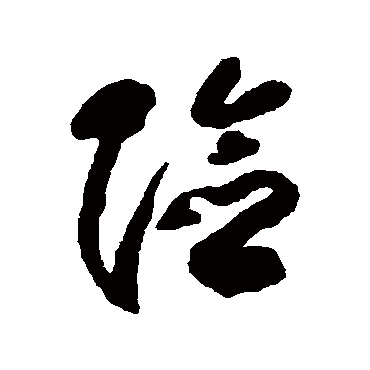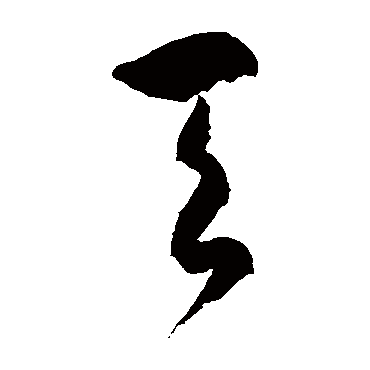They were talking about this story of "ㄉㄢˋ 定紅茶“ in the office the other day... a story about breaking up. Sort of.
When they first mentioned "ㄉㄢˋ 定紅茶“, I thought it was a new flavor of bubble tea kinda stuff--
蛋定紅茶- black tea solidi-zed with eggs... turning it sort of like Flan or egg pudding...
Ended up, my mental model of ㄉㄢˋ 定 is not their mental model of ㄉㄢˋ 定.... or ㄉㄢˋ 定非ㄉㄢˋ 定。 8-O lol
The ㄉㄢˋ 定 they were speaking of is 淡定- not my 蛋定.
Afterwards, the phrase 淡定 popped up left and right wherever I went... So I decided to google up some good definition
What is 淡定? Essentially, it means calm... so calm that even the sky collapsed right in front of you, you don't get affected. Some said that it is a phrase used in China.
Would like to share with you this impressive definition provided by someone with mucho expertise in Chinese literature.... very impressive....
淡定:冷靜,鎮定
《黃帝內經》稱之為:恬淡虛無。現代人稱之為:淡定。
淡 定二字,看似輕鬆,境界頗高。紅塵滾滾,物欲橫流、肉欲橫流,欲望一起,猶如惹惱了瘋狗,追得人屁滾尿流。人生在世,難逃三個字:名、利、情。為其生,為 其死,為其追求一輩子。修行或者修煉,最忌諱的就是執著。執著,就很難看淡,所以也就無法“淡”,更是不能“定”得下來。
淡定,是內在心態的修煉到一定程度所呈現出來的那種從容、優雅的感覺。
淡定,是一種心態,是生活的一種狀態。我們每個人都需要這種心態,在生活中才會處之泰然,寵辱不驚,不會太過興奮而忘乎所以,也不是太過悲傷而痛不欲生。
許地山《空山靈雨·銀翎底使命》:“惟有幾朵山花在我們眼前淡定地看那在溪澗裡逆行的魚兒喋著它們底殘瓣。”
歐陽山《苦鬥》五二:“最後一位大姑娘,看上去正在二十左右,也輕盈淡定地站了起來。”
淡定形容一種態度。遇事沉穩中又積極果斷,老練裡卻又重視有佳,勝不驕,敗不餒;
淡定形容一種勇氣。行事放鬆自如,從容冷靜,閑看庭前花落,輕搖羽扇城頭;
淡定形容一種原則。展示出對人對事不急不躁、不溫不火,親而有度、順而有持;
淡定形容一種風度。神鷹背上秋風過面、靜若處子,名利場中燈紅酒綠、過眼雲煙;
淡定形容一種修養。仁而無憂,仁而無懼,實事求是,心懷坦蕩,蘭心傲骨;
淡定形容一種能力。深思熟慮能揚長避短,內省自知可有進有退,待該出手時再出手;
淡定形容一種力量。氣定神寧,如巨岩阻浪,堅持不懈,如水滴石穿;
淡定形容一種效率。穩而避其亂,洞悉而練達,如庖丁演刀、如魯班弄斧;
淡定形容一種境界。蘭秀深林,不以無人而不芳,君子立德,不為窘困而改節;
淡定形容一種人生。人生如一副銳利的老花鏡,難得糊塗,難得清醒。
淡 定是形容詞,不是動詞,不是一個動作,不是一種方法。所以淡定不能直接解決你肚子餓的問題,不能直接阻止環境污染,不能……。但是,淡定能輔助和提升一種 方法,讓你在解決肚子餓的問題時、解決環境污染的問題時,解決任何問題時,提供給你一個正確的態度,和超人的勇氣、過人的力量…….,幫助你更好的解決問 題。因此,淡定,是我們做任何事前必不可少的心理準備。
http://tw.knowledge.yahoo.com/question/question?qid=1610120208969


